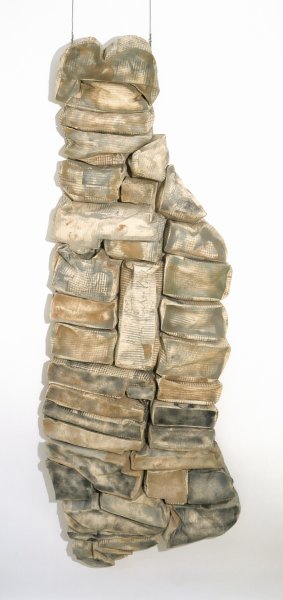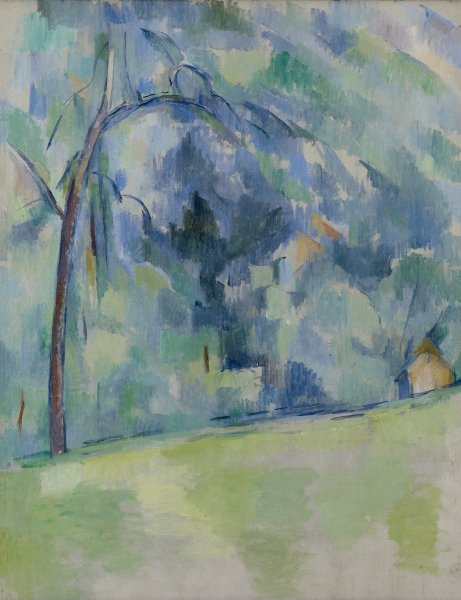Henri Matisse
French, 1869-1954
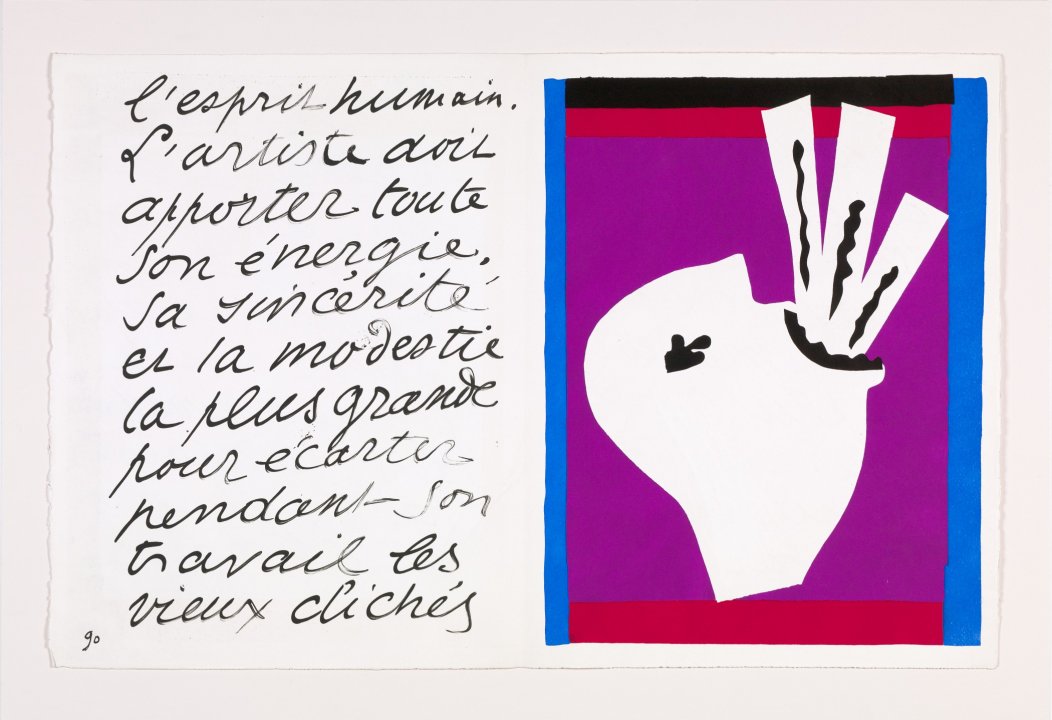
Henri Matisse (French, 1869–1954). L’avaleur de sabres (Sword Swallower) from the portfolio Jazz, 1947. Pochoir print, 16 1/2 x 25 5/8 inches (41.9 x 65.1 cm). Collection Albright-Knox Art Gallery, Buffalo, New York; Anonymous Gift, 2016 (P2016:3). © Succession H. Matisse / Artists Rights Society (ARS), New York.
L'avaleur de sabres (The Sword Swallower) from Jazz, 1947
Artwork Details
Materials
pochoir print
Measurements
sheet: 16 1/2 x 25 5/8 inches (41.91 x 65.09 cm)
Collection Buffalo AKG Art Museum
Credit
Anonymous Gift, 2016
Accession ID
P2016:3
During the 1930s, Henri Matisse began making collages as studies for paintings and sculptures by arranging cut paper into decorative configurations. Bedridden during a prolonged convalescence following a serious operation in 1941, he began to consider further the possibilities that “painting with scissors” offered—an experiment that endured for the last decade of his life. A renowned master colorist, but also a deft draftsman whose command over arabesque lines was unparalleled, Matisse was able to unite both facets of his practice in the cut-outs.
Matisse once commented that “Jazz is rhythm and meaning,” and the title of this work suggests a connection between the process of making visual art and musical improvisation. Jazz is one of the fantastical imaginings to hail from this period and is also the only book both written and illustrated by the artist. The twenty vivid pochoir (the French word for “stencil”) prints that comprise the portfolio are based on images realized from various shapes cut out of gouache-painted sheets of paper and are accompanied by poetic notes expressing the artist’s thoughts and opinions. The subjects of these compositions range from Matisse’s childhood memories and travel experiences to depictions of the circus and music halls that are unique to Jazz and do not appear anywhere else in the artist’s oeuvre. However, many other individual motifs, such as figures in motion and leaf shapes, reemerge in his later works.
Label from Matisse and the Art of Jazz, January 20–July 1, 2018
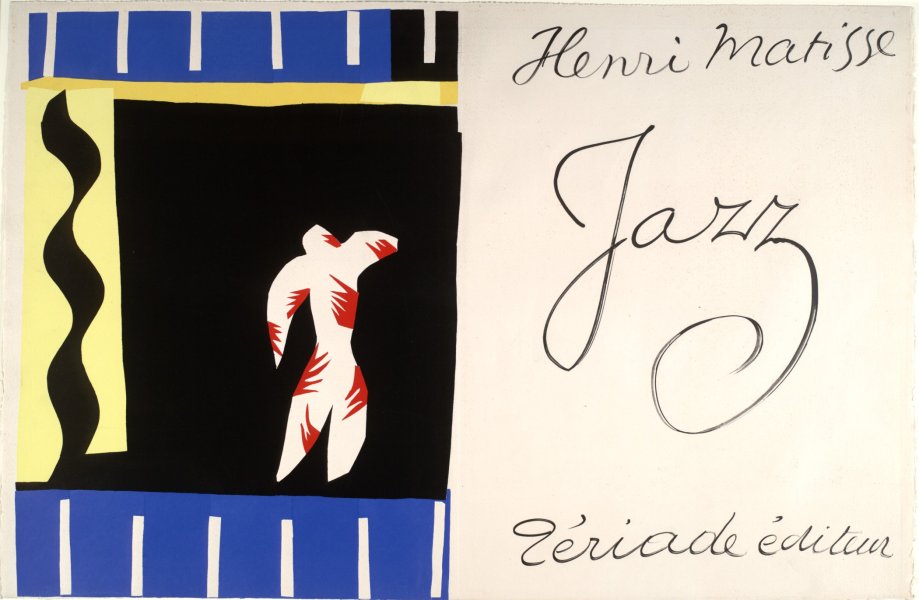
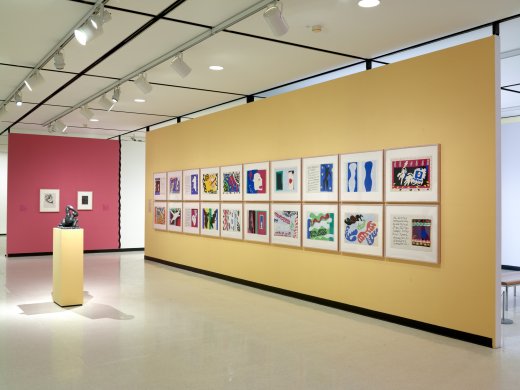
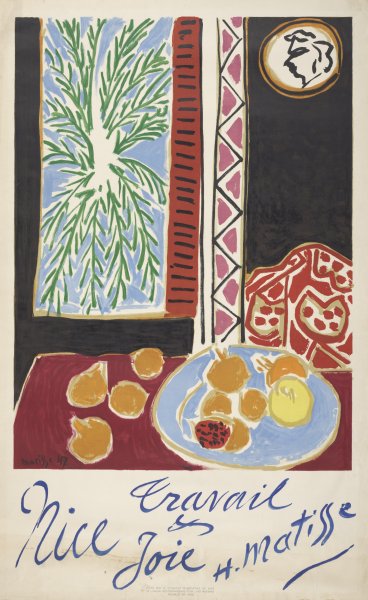
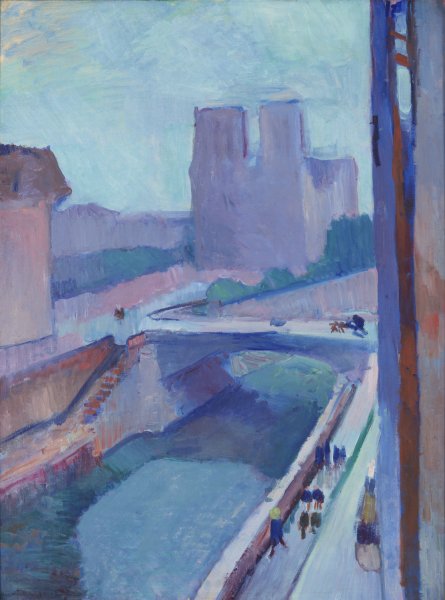
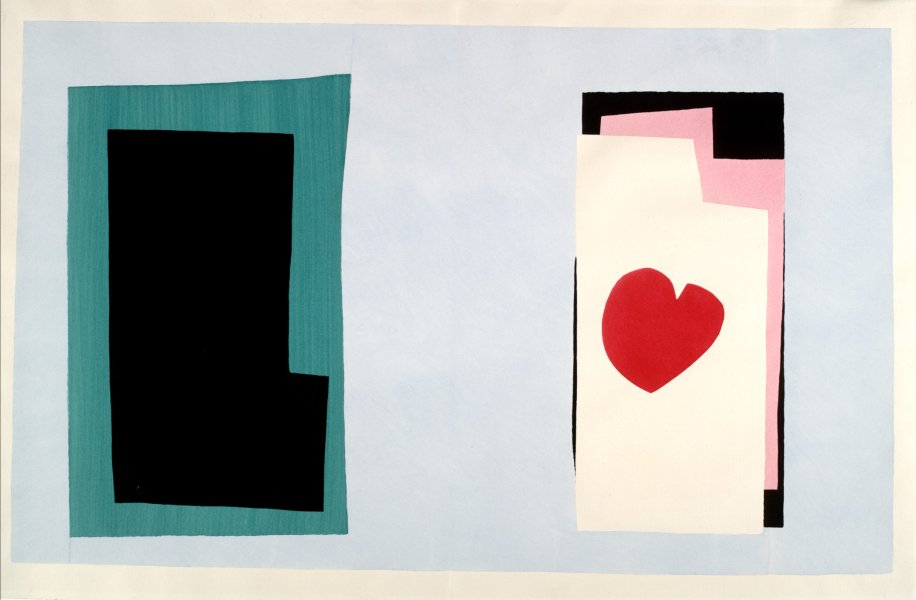
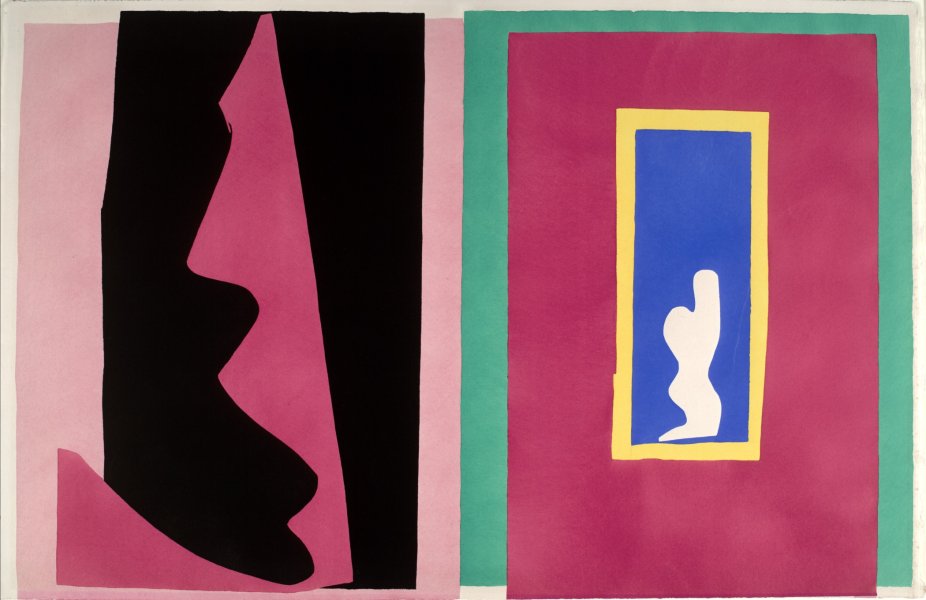
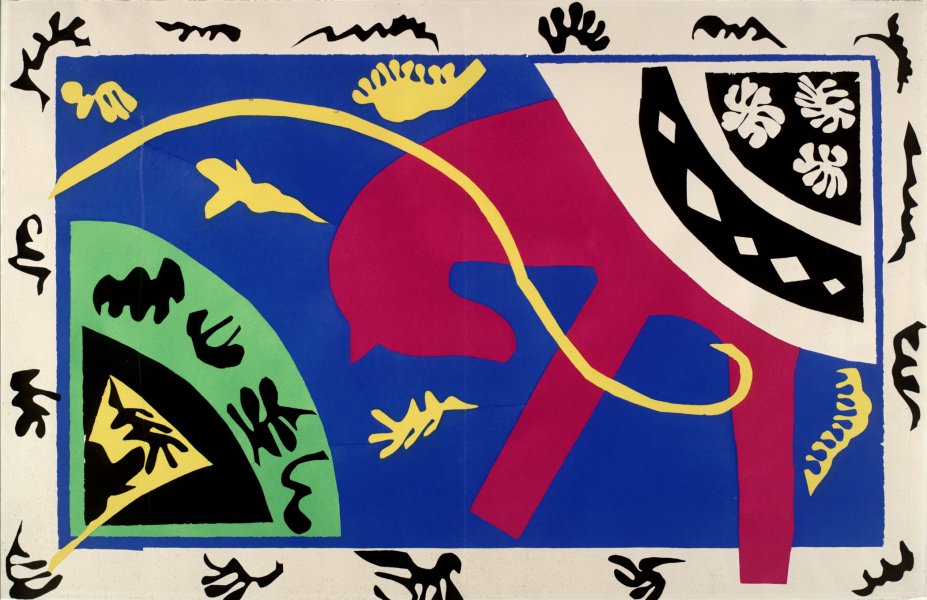
![[text folios, colophon page and Table des Images (Table of Images)] from Jazz](/sites/default/files/styles/callout_fixed_height/public/artwork/RCA1948_011_001_021_o2.jpg?itok=623pmb-j)
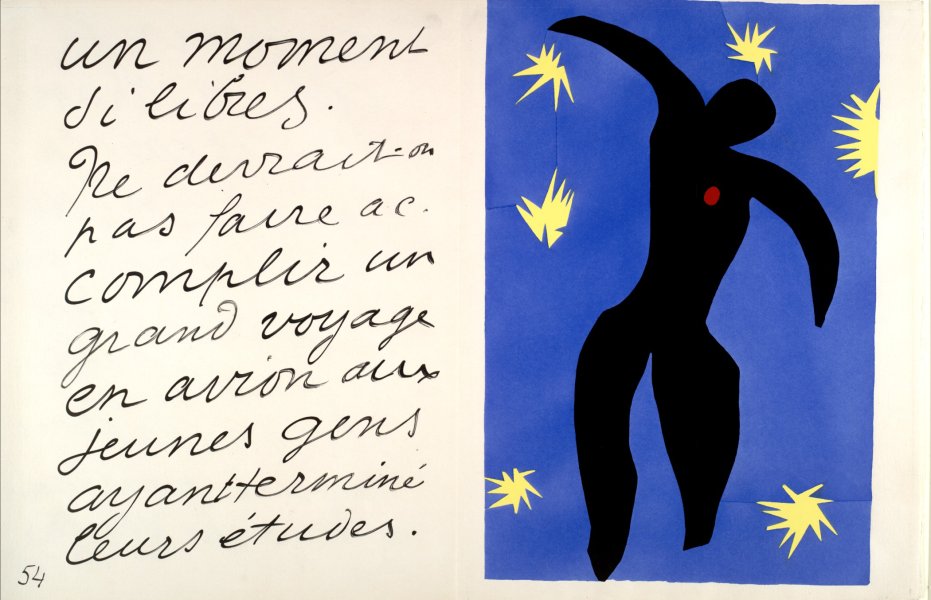
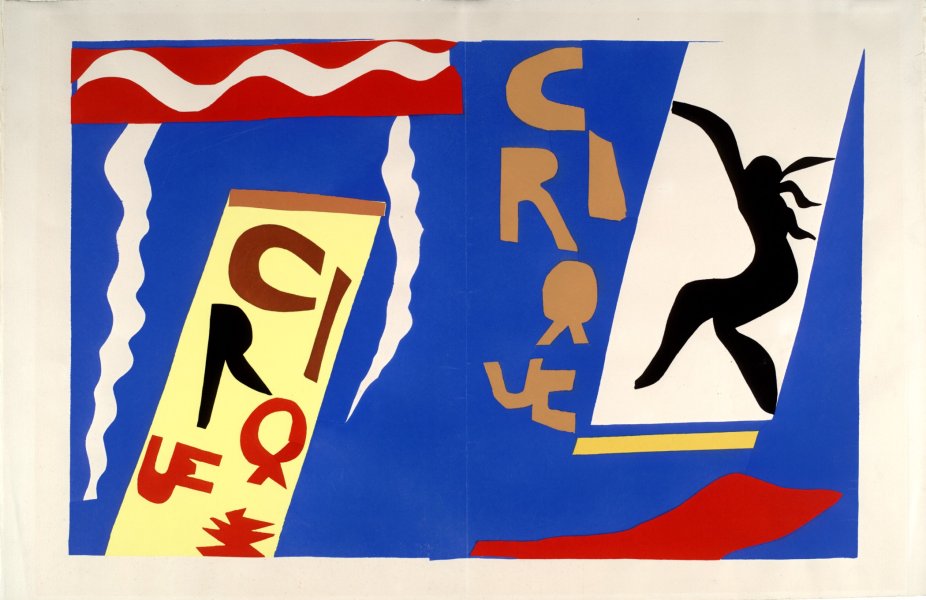
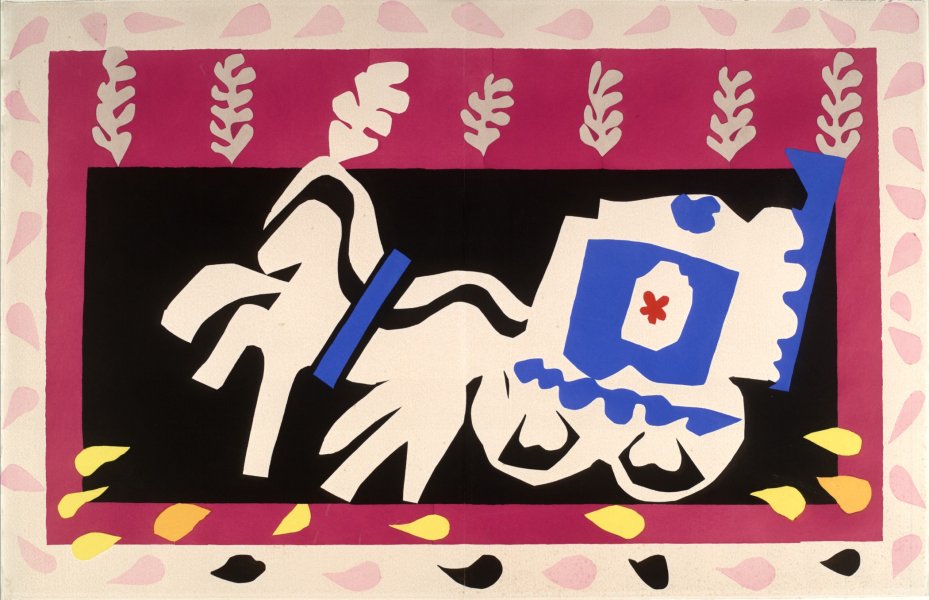
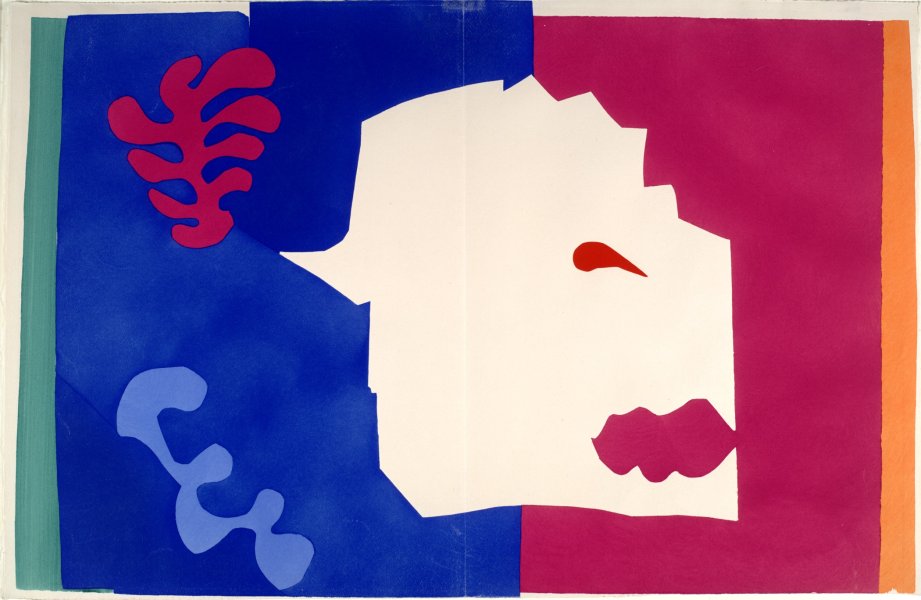
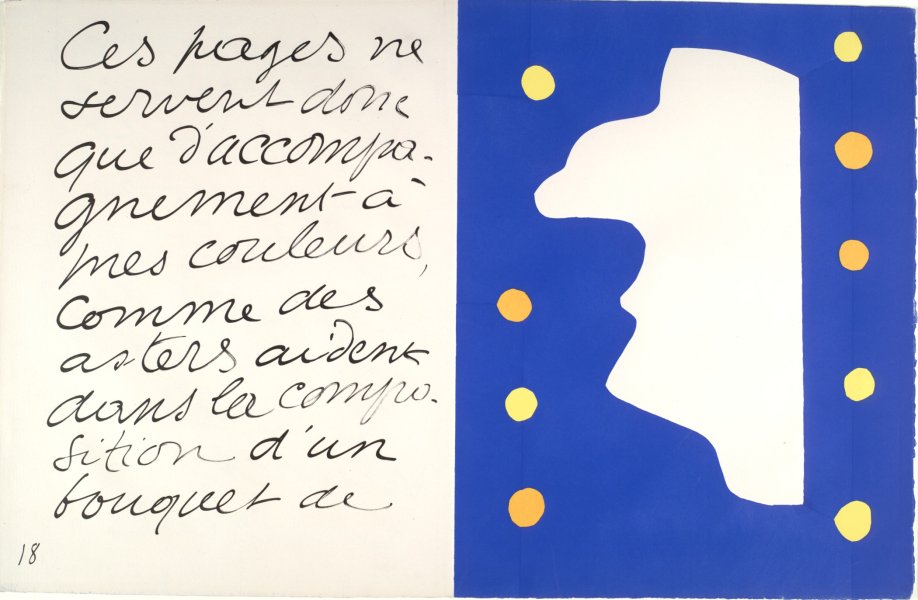
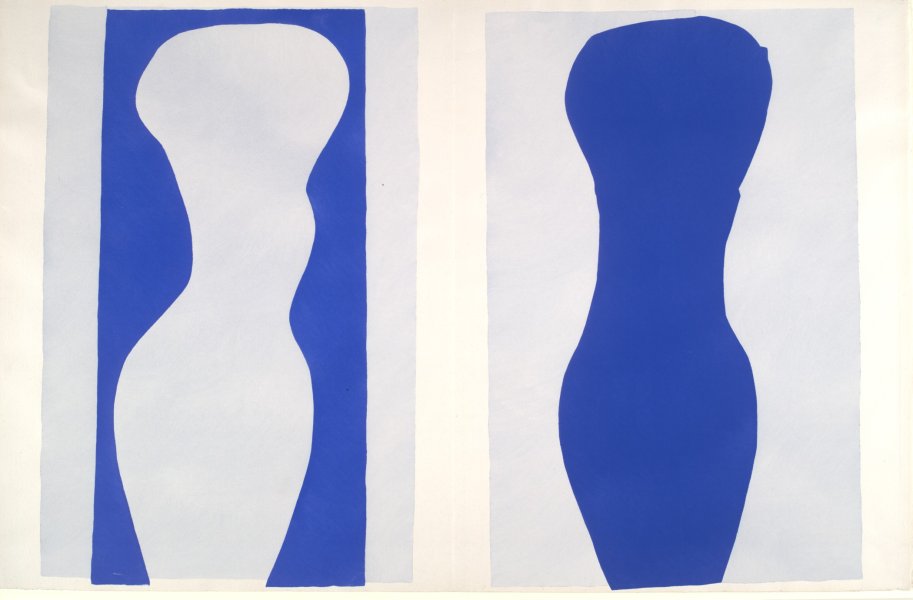
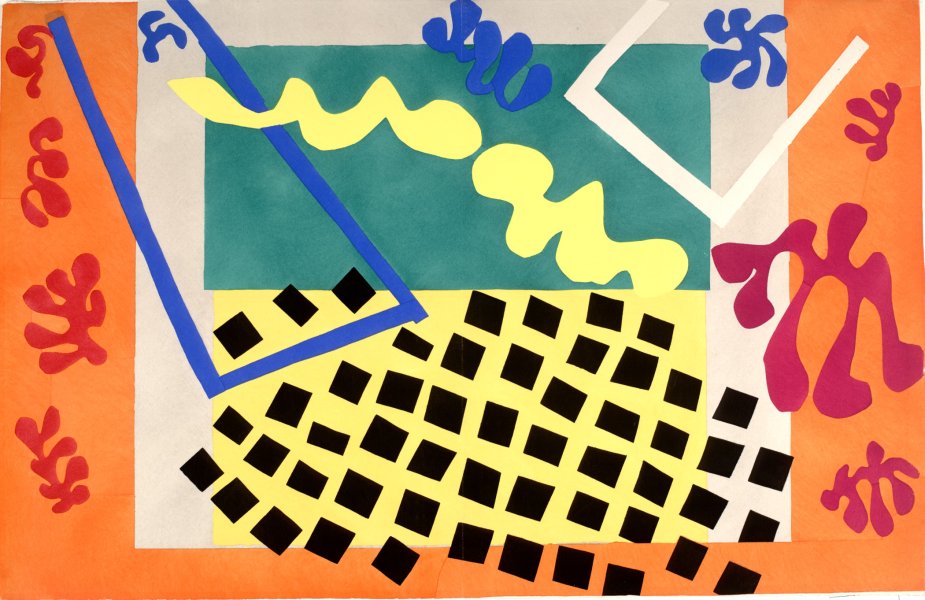
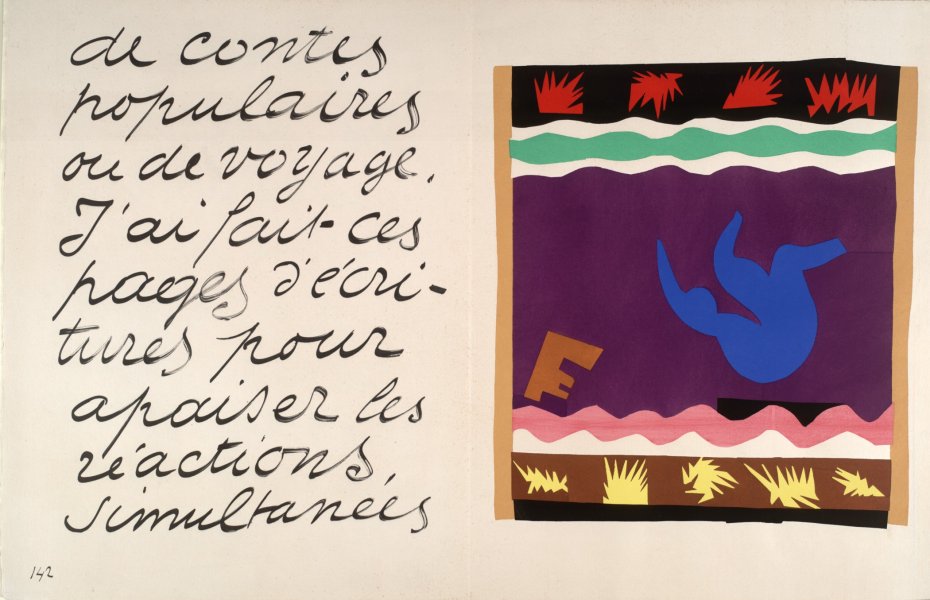
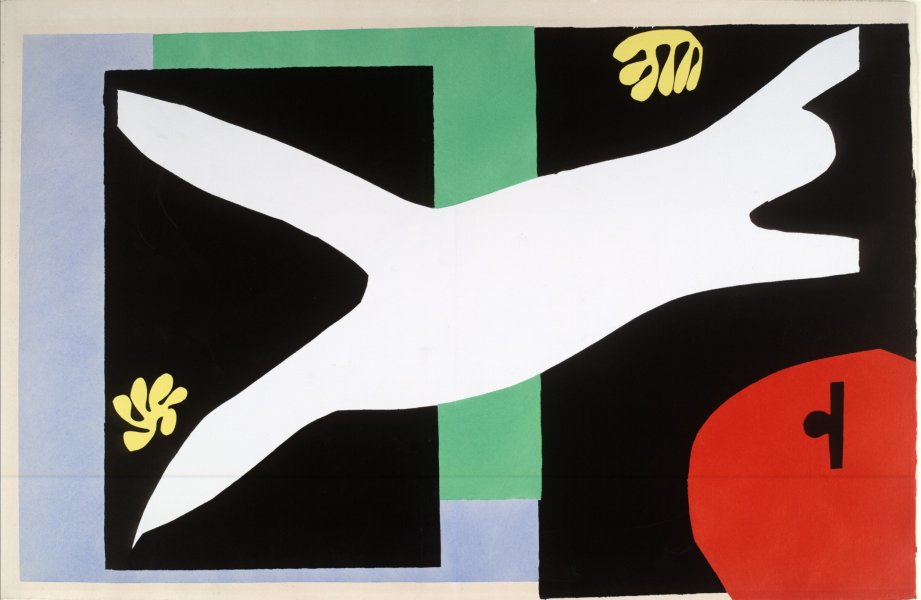
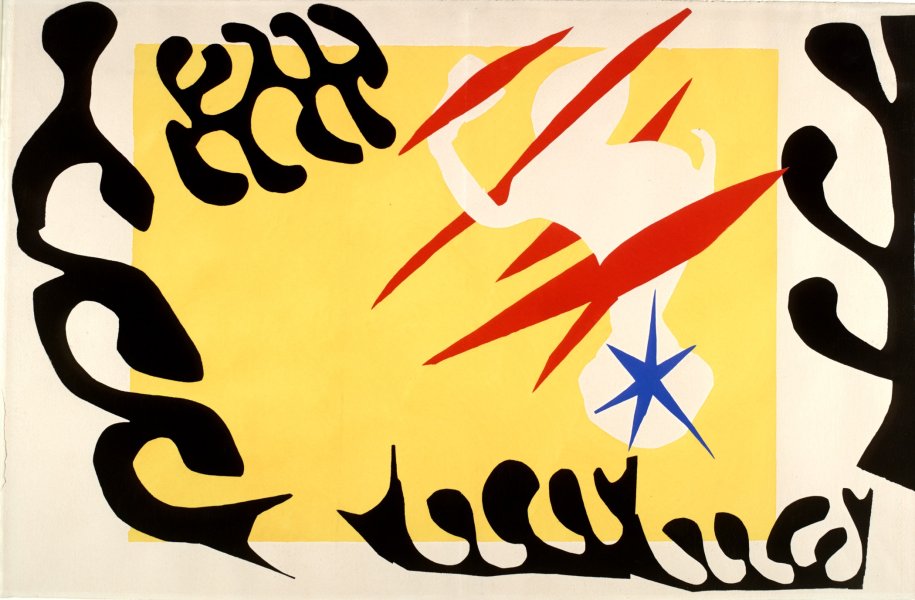
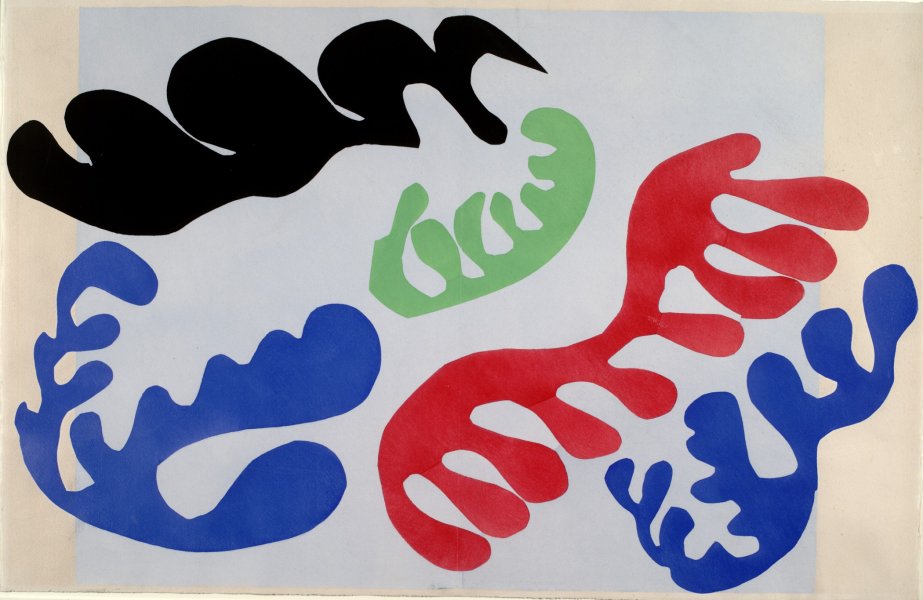
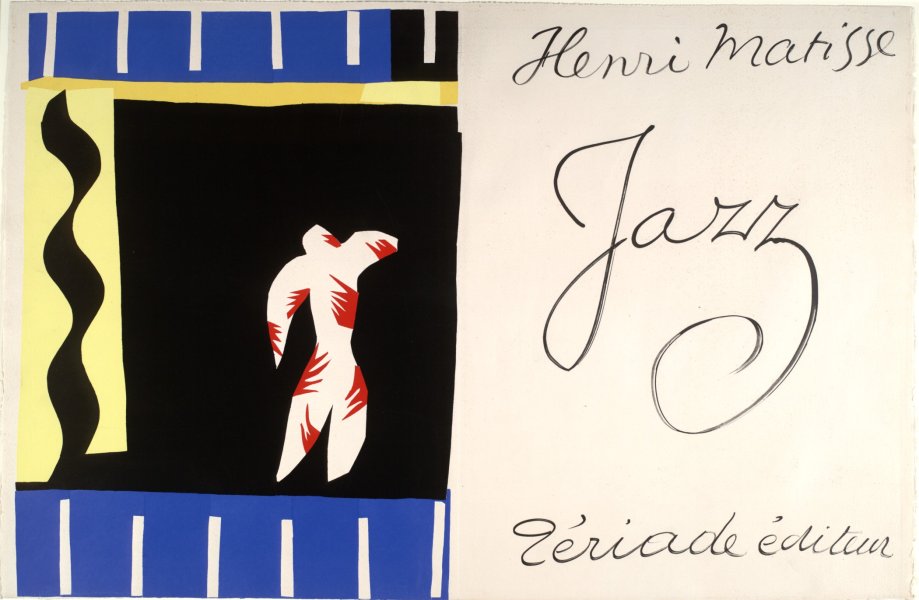
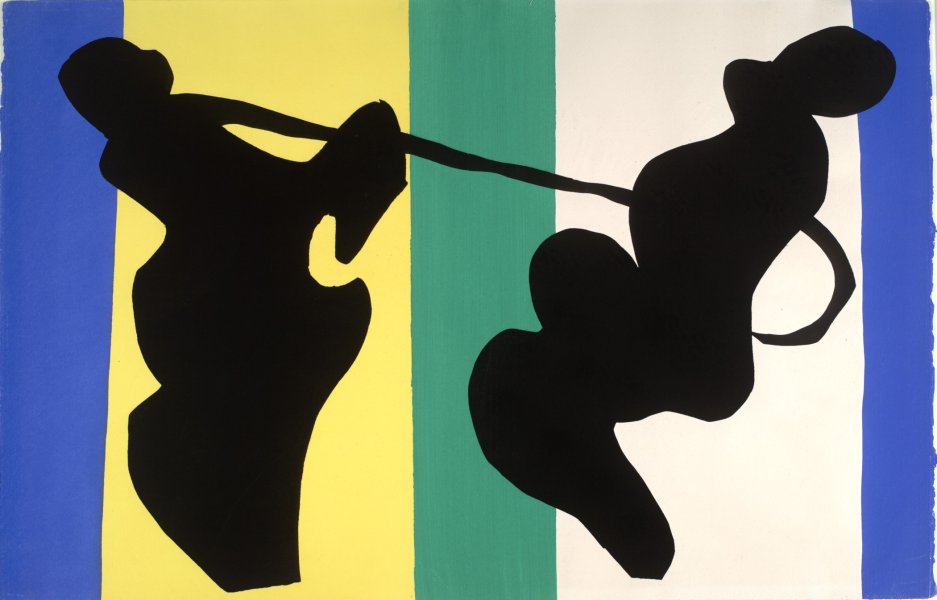
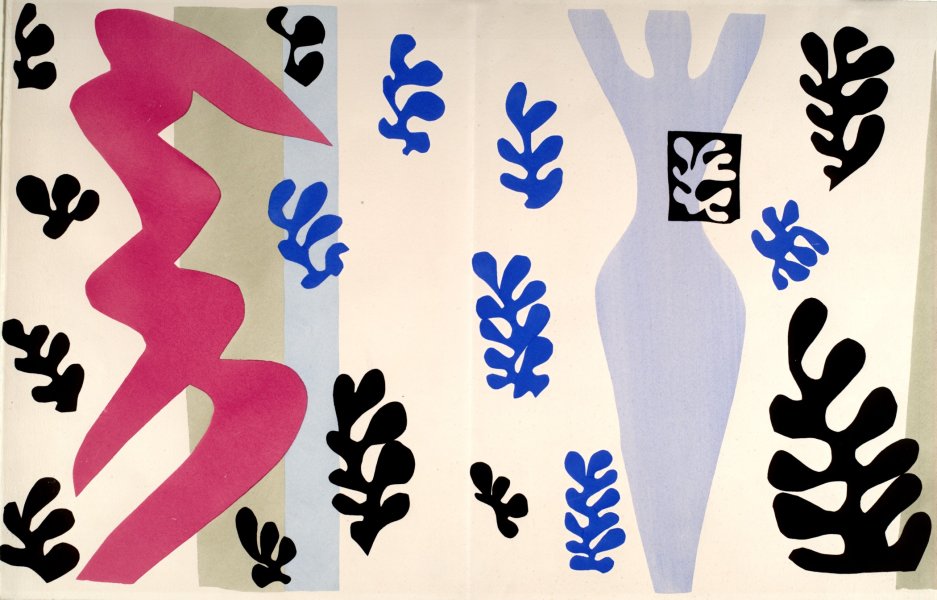
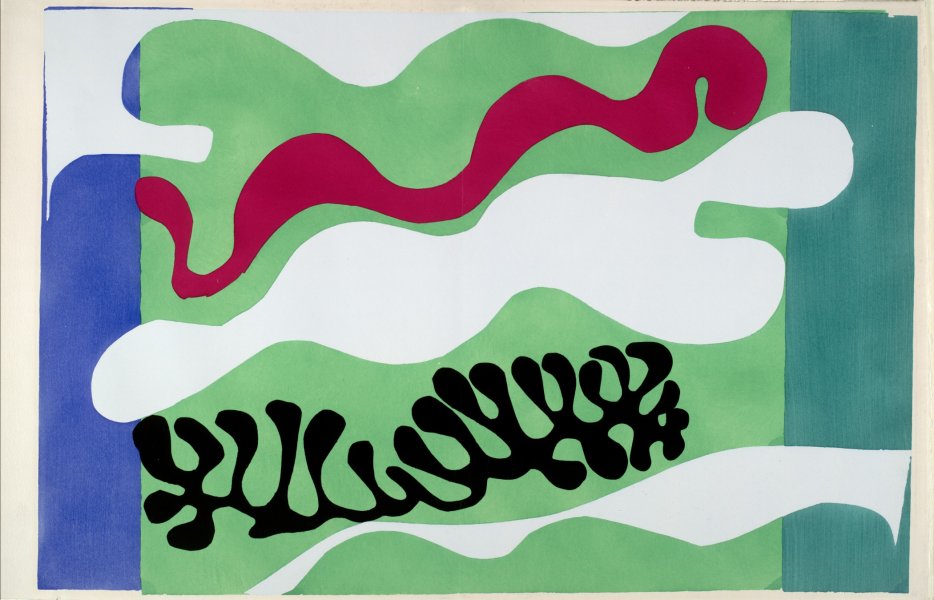
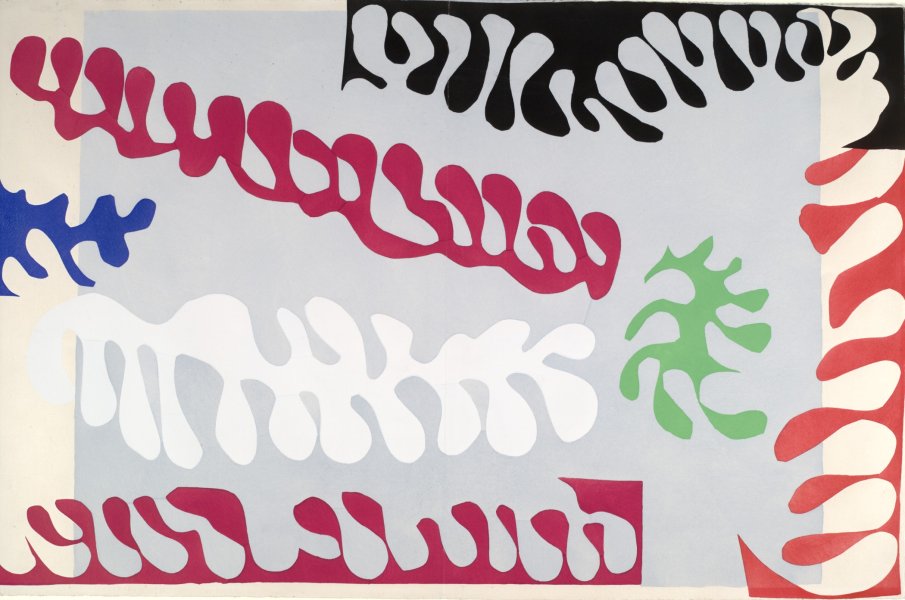
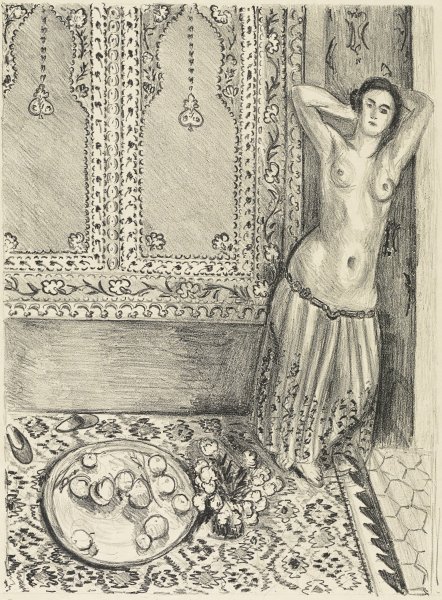
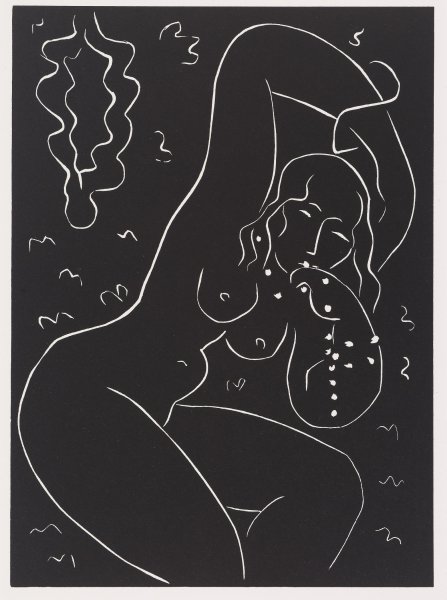
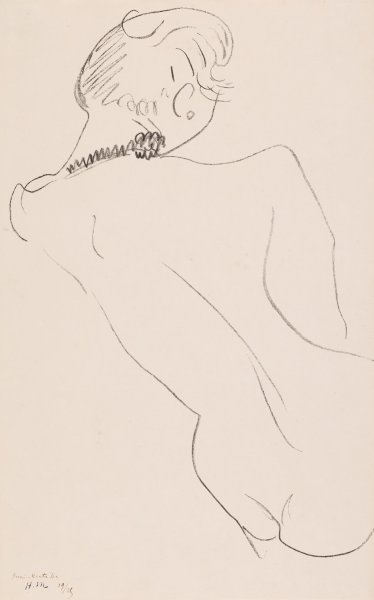
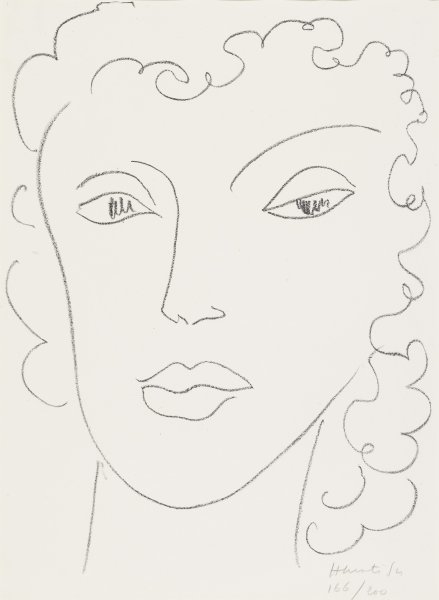
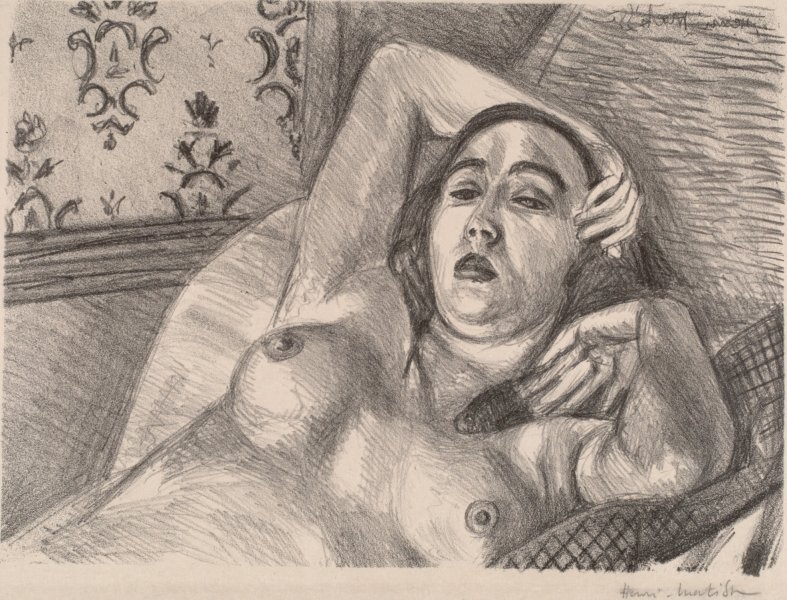
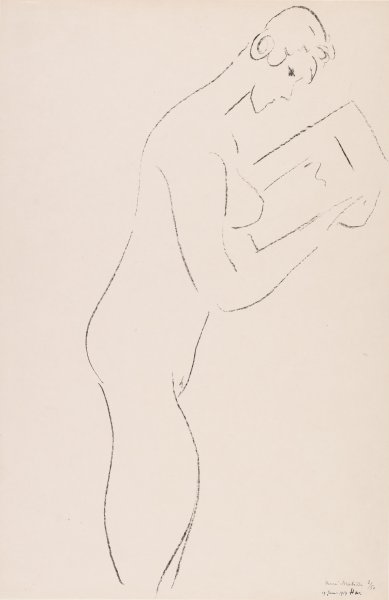
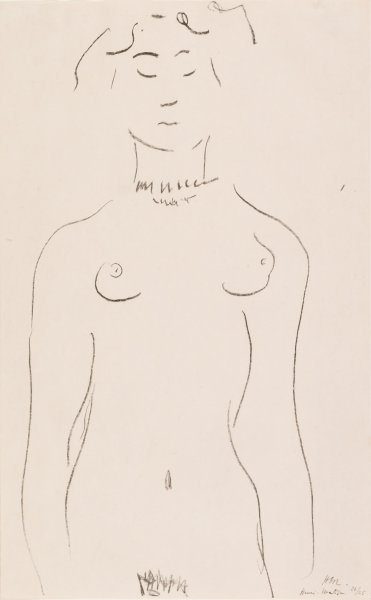
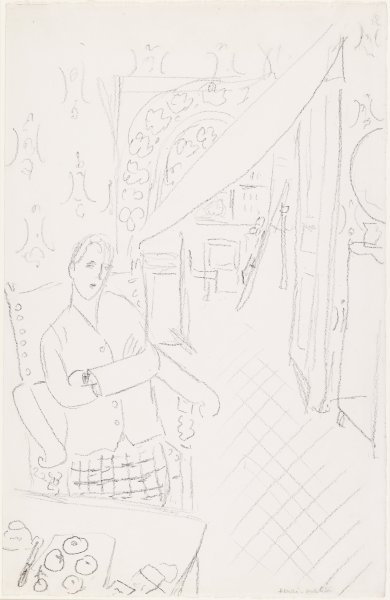
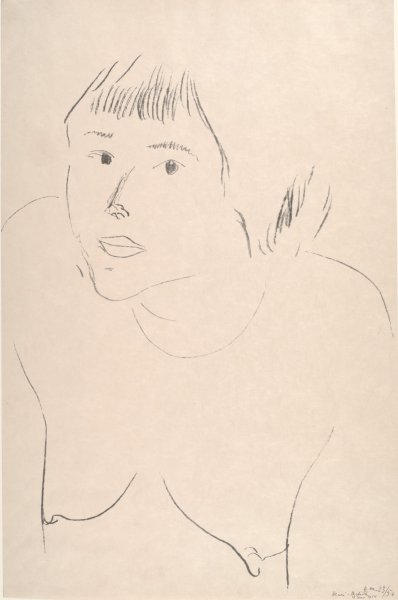
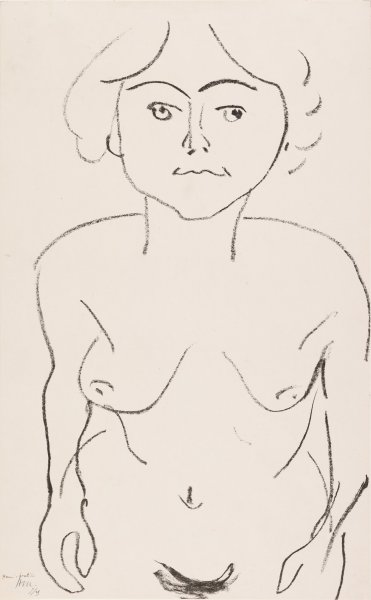
![Nu couché I (Aurore) [Reclining Nude I (Aurora)]](/sites/default/files/styles/callout_fixed_height/public/artwork/RCA1945_003_o2.jpg?itok=3qYeHiI5)
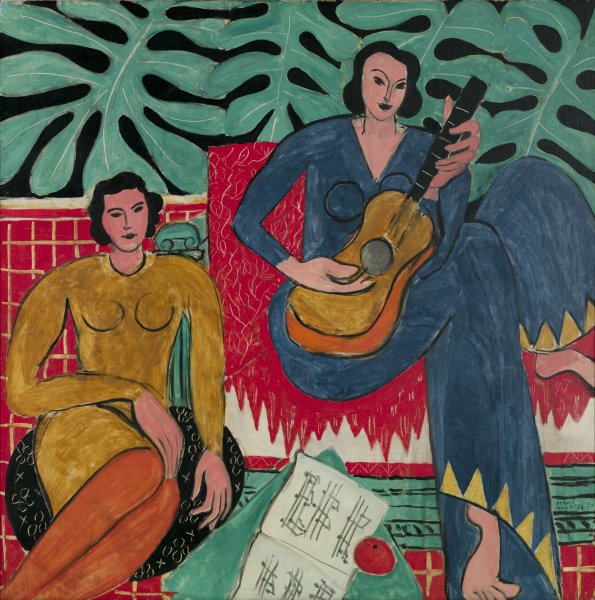
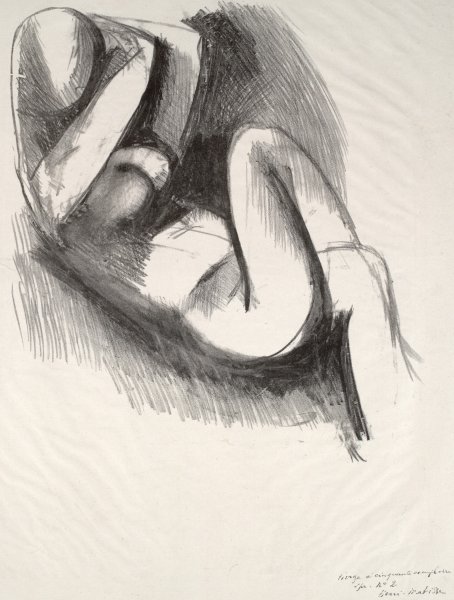
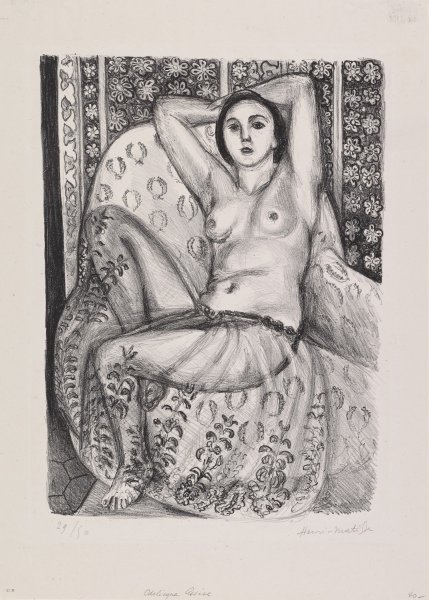
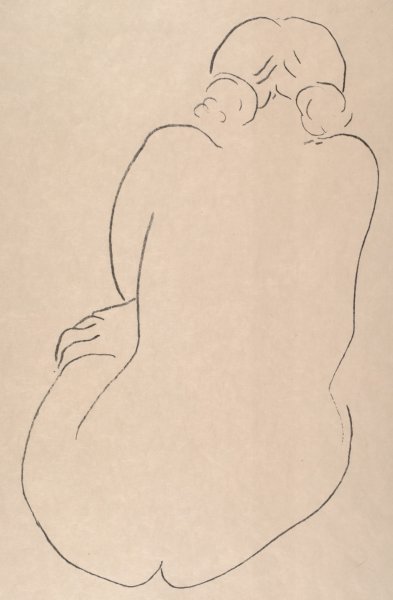
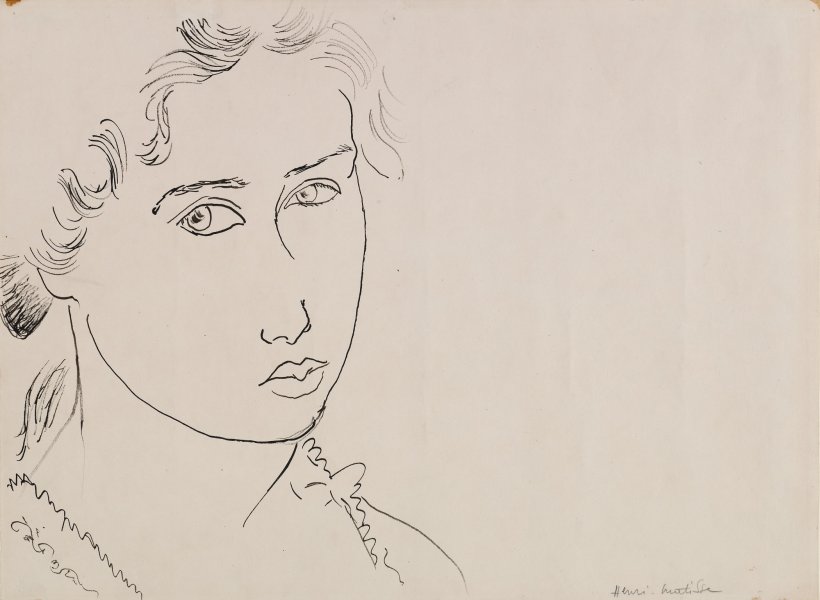
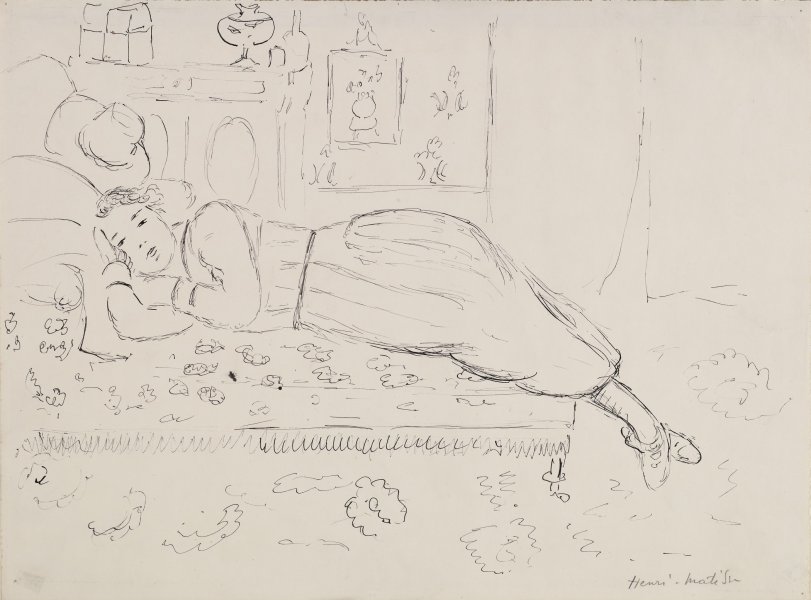
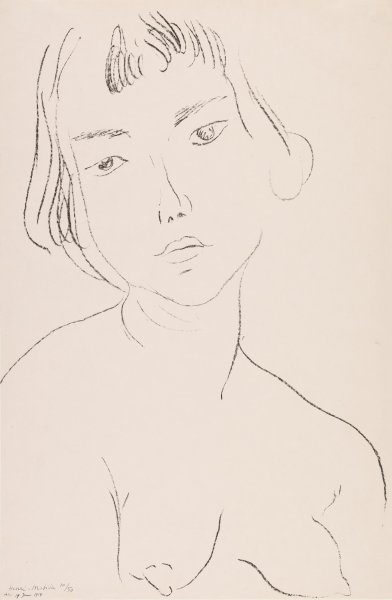
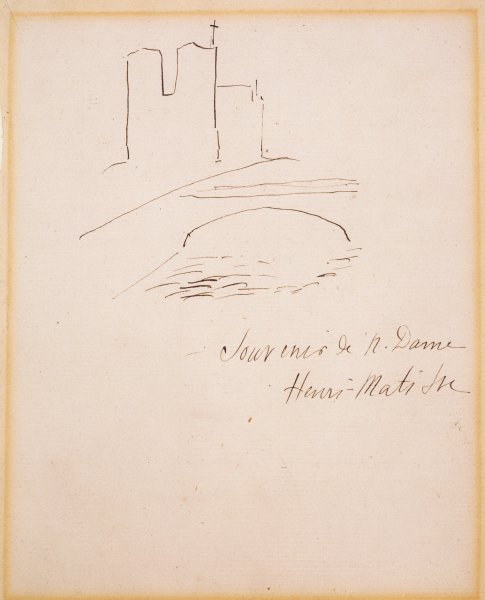
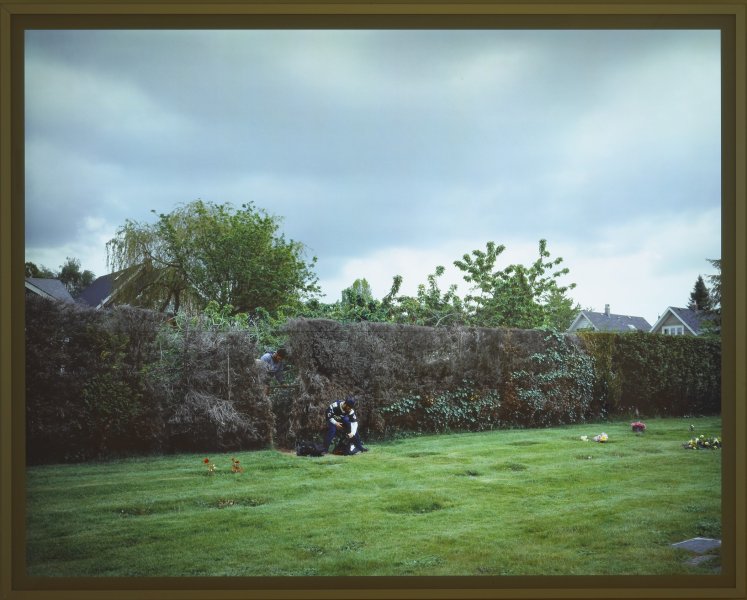

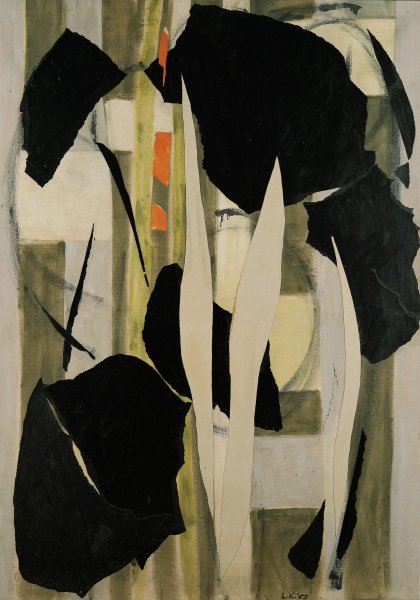
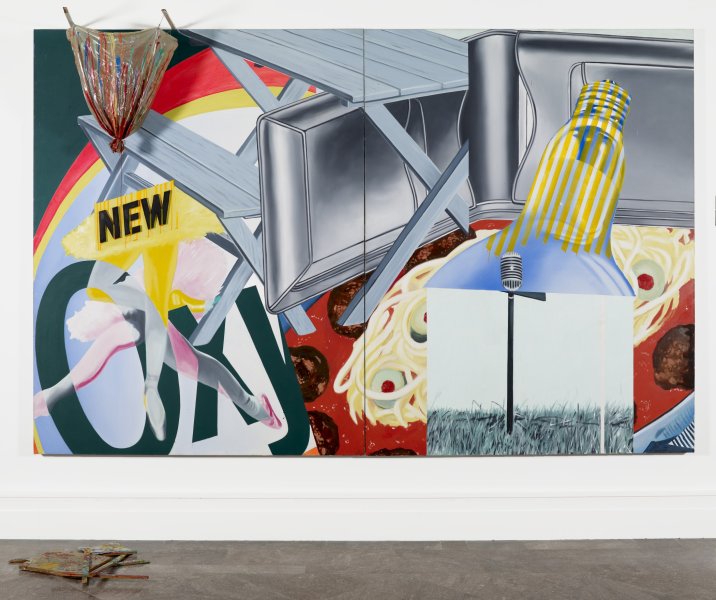
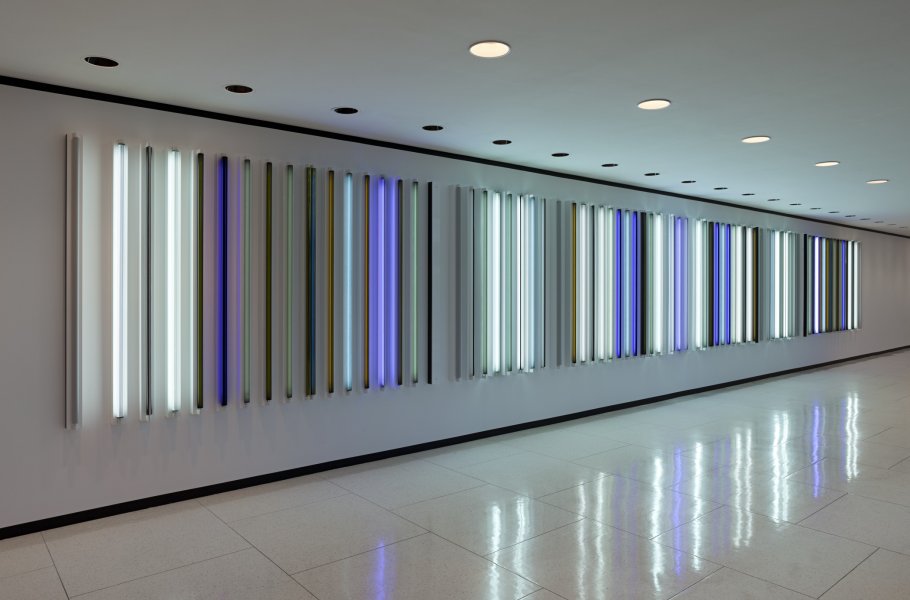
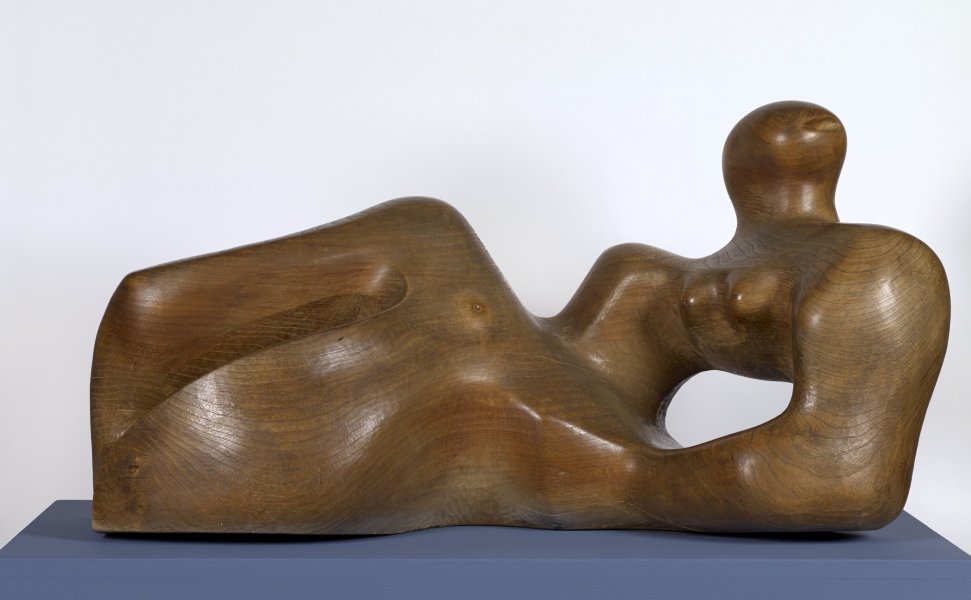
![[no title]](/sites/default/files/styles/callout_fixed_height/public/artwork/1978_005_o2.jpg?itok=HhIhpiJk)
